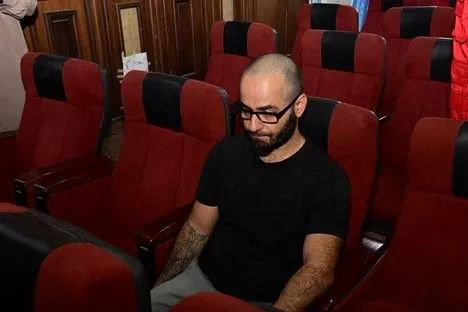
A detained Binance executive, Tigran Gambaryan, has cited seven grounds why the ruling of the Federal High Court in Abuja, which dismissed his first bail application, should be set aside by the Court of Appeal, Abuja.
This is contained in his notice of appeal dated May 31, 2024.
This appeal was also cited by the Economic and Financial Crimes Commission (EFCC) as part of its exhibit resisting Gambaryan's second bail application, which was argued on September 4, 2024.
Gambaryan's Appeal
Nairametrics previously reported that Justice Emeka Nwite had quashed Gambaryan's first bail application, agreeing with the EFCC that he remained a flight risk in view of the money laundering and foreign exchange contravention charges instituted against Binance and himself.
Nairametrics reports that Gambaryan's lawyer, Mark Mordi, in his notice of appeal, believes the lower court erred in law by not granting his client, who was arrested and detained on February 28, 2024, bail.
He urged the Court of Appeal to set aside the ruling of the Federal High Court and grant his client bail on "fair conditions."
Here are the reasons listed by Gambaryan's legal team:
Flight Risk Allegations
Mordi contends that the lower court erred in law when it refused to grant the appellant bail, premised on its finding that the appellant was a "flight risk." He submitted that the charges against Gambaryan are non-capital offences.
Bail Entitlement
Mordi argues that the lower court erred when it failed to consider his affidavit evidence in totality and to grant the appellant's release on bail, given that none of the circumstances in the case justify the refusal of his bail application.
Escape from Custody
Mordi urged the Court of Appeal to dismiss the EFCC's contention that Gambaryan planned to escape from custody through "body swap" or a body double taking his place in the prison facility.
Trial Court's Reliance on EFCC's Depositions
Gambaryan's legal team contends that the lower court erred when it refused his bail, relying on the depositions in the counter-affidavit of the EFCC's counsel, Ekele Iheanacho, to hold that the appellant would jump bail.
Armenian Citizenship Claims
Mordi contended that the lower court erred when it agreed with the EFCC that Gambaryan was Armenian-born. He argued that the EFCC did not provide cogent and sufficient proof to that effect.
Foreign Nationals' Entitlement to Bail
Mordi further argued that Nigerian law does not differentiate between Nigerians and foreign nationals in matters of bail. He stated that the appropriate action for the Court of Appeal is to impose bail conditions that would ensure Gambaryan faces his trial in Nigeria.
Co-Suspect Escape
Gambaryan's legal team also argued that his co-suspect's escape (Nadeem Anjarwalla) is not sufficient grounds to deny him bail. They maintained that there was no substantial proof that Gambaryan would follow the same path if granted bail.
What You Should Know
Amid the rejection of his first bail request by the high court, Gambaryan filed a second bail request on the grounds of his ill health, related to a disk issue.
Ruling on the second bail application is fixed for October 9, 2024.
Binance and its executives are faced with two separate suits by the Federal Inland Revenue Service (FIRS) and the EFCC; the former concerns tax evasion, while the latter deals with money laundering and foreign exchange contravention.
FIRS has discharged the executives from its case, isolating Binance.
Nairametrics recalls that the executives also instituted a fundamental rights case against Nigerian government agencies, citing a violation of their constitutional right to liberty.
On February 28, Nigerian authorities detained two senior Binance executives: Nadeem Anjarwalla, a 37-year-old British-Kenyan who serves as the regional manager for Africa, and Tigran Gambaryan, a 39-year-old American who is the head of financial crime compliance at Binance.
However, Gambaryan's family has raised concerns over his health and urged the EFCC to release him and pursue the case against Binance.






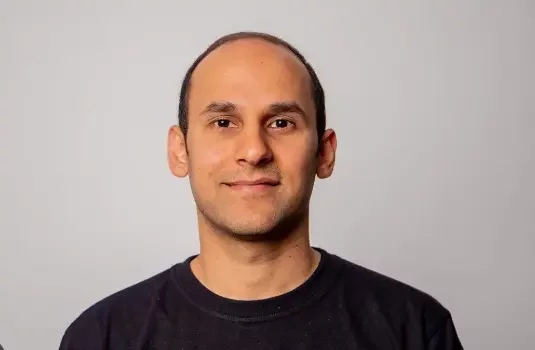

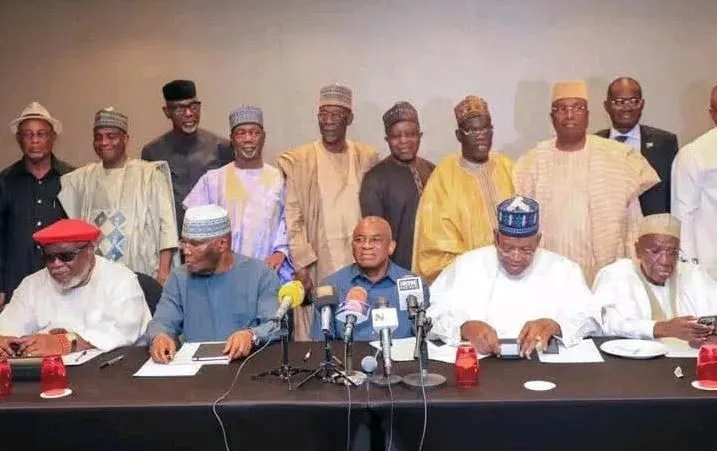

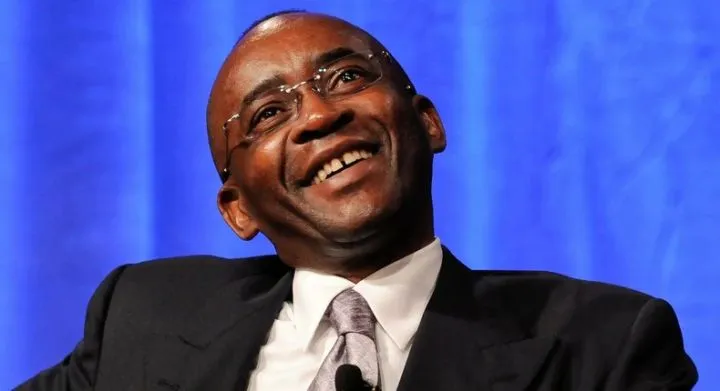
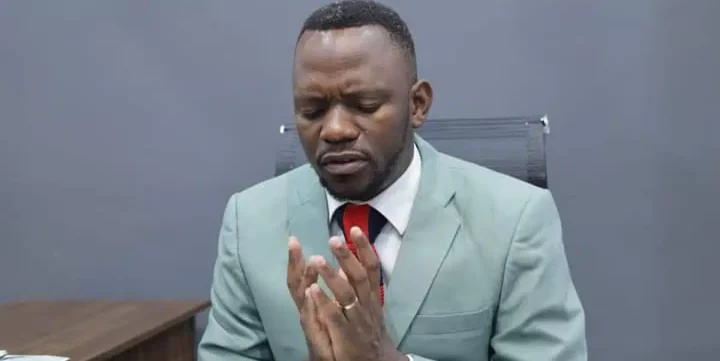





Comments